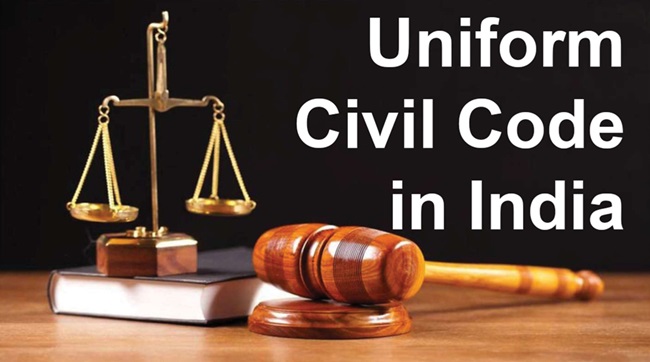Various personal laws applicable in the country
- Hindu Marriage Act, 1955 applicable to Hindus, Buddhists, Jains and Sikhs.
- Parsi Marriage and Divorce Act, 1936 applicable to cases related to Parsis.
- Indian Christian Marriage Act, 1872 applicable to cases related to Christians.
- Muslim Personal Law (Shariat) Application Act, 1937 applicable to cases related to Muslims.
|




